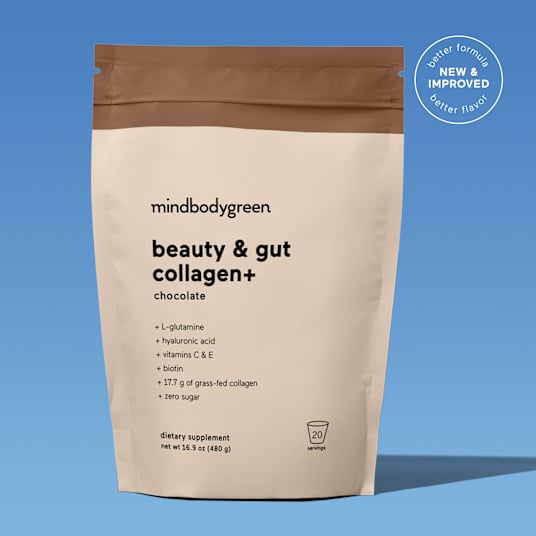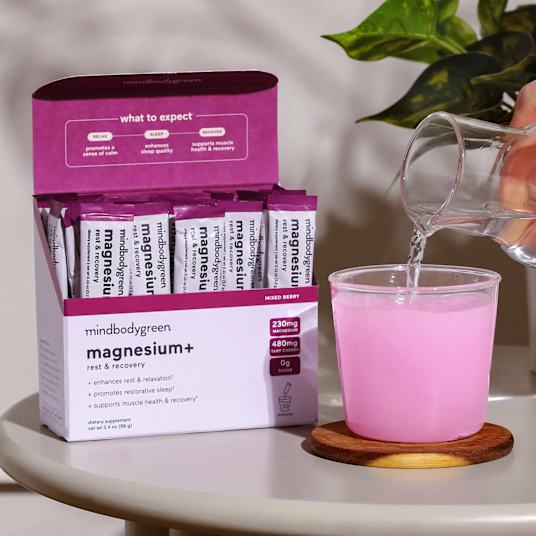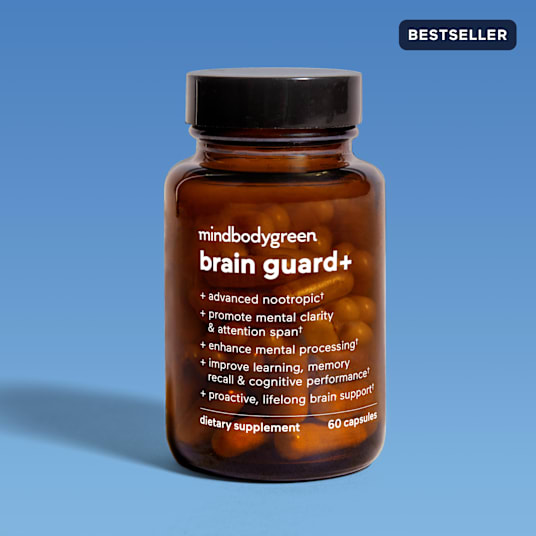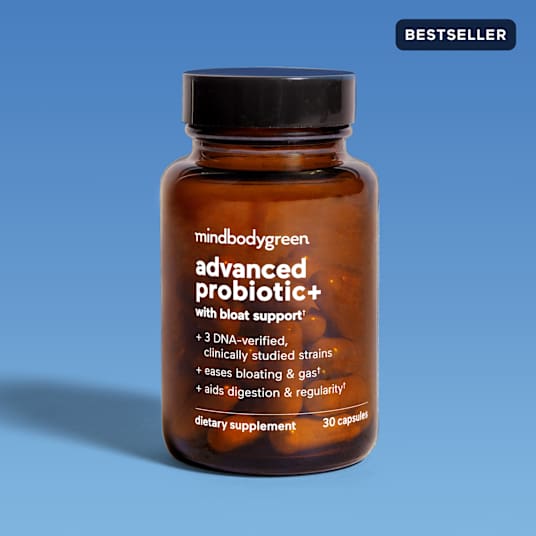Creatine & Depression: Here's How This Popular Supplement Impacts Mood

Creatine is most known for helping gym-goers build muscle. While it's quite effective at doing so (heck, it helps people of all fitness levels get stronger), newer research shows that creatine is also an effective treatment for depression.
A new 2024 review summarizes all past human and animal studies of creatine's impact on the brain and makers of depression - on its own and as an addition to SSRIs (a type of antidepressant medication).
Here's what you need to know.
What is creatine?
Creatine is most known as a supplement, but it's also a compound
the body makes naturally on its own and one that you get by eating certain
animal proteins.
About 95% of the body's creatine is found in muscle tissue, where it helps to produce cellular energy (ATP) quickly during times of high energy needs (like workouts).
How creatine may help with depression
Research on creatine's impact on the brain indicates that it supports cognition (and may counter unfavorable changes associated with depression) in multiple ways:
- Enhances brain ATP production: Depression is linked to low energy production in brain cells, but creatine increases energy availability in the brain. Just as muscles tap into creatine stores during times of stress, so does the brain. Studies show that this supports cognition, particularly during times of mental stress, fatigue, and even sleep deprivation
- Supports neurotransmitter function: Low levels of neurotransmitters like serotonin and dopamine are also linked to depression. Creatine may help enhance these feel-good hormones and help improve overall mood.
- Boosts brain cell resilience to stress: Oxidative stress (an imbalance between free radicals and antioxidants) is strongly linked to depression. Creatine seems to offer protection to brain cells against this type of damage.
- Supports neuronal survival: Depression is also associated with brain structure changes, including the loss of brain cells (neurons). Research indicates that creatine helps maintain neurons.













